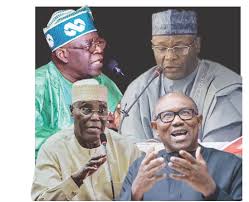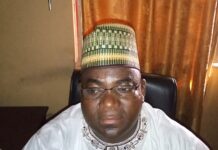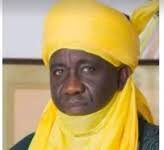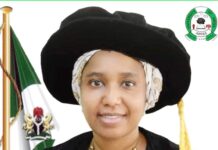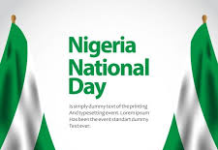INEC and 2023 General Elections
By Idris Umar Feta
The 2023 general elections will go down in history as one of the most thrilling polls in modern times. This year’s elections saw for the first time the use of upgraded technology and the new Electoral Act.
The presidential election saw Bola Ahmed Tinubu of the All Progressives Congress (APC), Atiku Abubakar of the People’s Democratic Party (PDP) and Peter Obi of the Labor Party (LP), among others, contest for the number one administrative seat in the world’s most populous black nation, Nigeria.
In this year’s election unlike the previous ones, the Independent National Electoral commission (INEC) introduced the BVAS – Bimodal Voter Accreditation System, an electronic device designed to read the Permanent Voter Cards (PVCs).
The key benefit of the BVAS is that it has the capacity to perform dual functions of identifying voters on Election Day, through their fingerprint and facial recognition software.
One of the measures the electoral body put in place to ensure transparency of the process is the introduction of the Election Result Viewing Portal (IReV Portal), where results of the election from various polling units will be uploaded using the BVAS to INEC’s portal for everyone to see.
This will allow Nigerians to keep tabs of the results even before the final collation by INEC in Abuja. Though the portal has been used in previous off-cycle governorship elections, it is the first time it will be deployed for a presidential election in Nigeria.
The BVAS was introduced by INEC in line with section 148 of the Electoral Act, which give INEC power to make guidelines and regulations to ensure the full effect of the law.
Since the conclusion of the polls, INEC has received knocks, commendations and even recommendations from individuals and organisations.
Read Also:
The INEC boss, Professor Mahmud Yakubu was accused of gross violation of the country’s electoral act by not adhering strictly to the use of the Bimodal Voters’ Accreditation System (BVAS) which was meant for the electronic transfer of results from polling units to the IReV on the commission’s portal.
Senator Dino Melaye and agent of the people’s Democratic Party (PDP) and other parties’ agents walked out of the National Collation Centre in protest of the obvious violations and vehement evasion of the law.
Also, America’s Empowerment Institute, (AEMPIN), one of the foreign observer groups that monitored the presidential and National Assembly elections, has scored INEC below average in the conduct of the polls.
The institute expressed disappointment with the snail-pace deployment of sensitive and non-sensitive materials in more than 50 per cent of the 176,606 polling units across the country, despite INEC’s top-notch preparations, prior to the general elections.
Voicing his mind, an Anambra-based lawyer, Christopher Enemuo called for the immediate arrest and prosecution of Prof. Yakub.
Enemuo accused the chairman of outright manipulation of elections conducted by the commission on Saturday, February 25. According to Enemuo, INEC, led by Mahmud Yakubu, failed to align itself with the provisions of the Electoral Act during the election.
On the other hand, a group, Concerned Northern Forum (CNF) applauded INEC for conducting the most credible and transparent elections in the history of Nigeria and expressed its congratulations to the President-elect, Bola Ahmed Tinubu.
For others, INEC should be commended for conducting the most fair and credible election in the country. For if the election was not creditable as largely claimed by oppositions, the American government and the British Prime Minister Mr. Sunak among other persons of repute wouldn’t have extended their congratulatory message to the President-elect.
Moving forward, the Electoral Commission should uphold its duty by ensuring that no stone is left unturned by adhering religiously to its laid down rules and regulations guiding the conduct of elections in the future in order to give Nigerians a more free, fair and credible election that they deserve.

